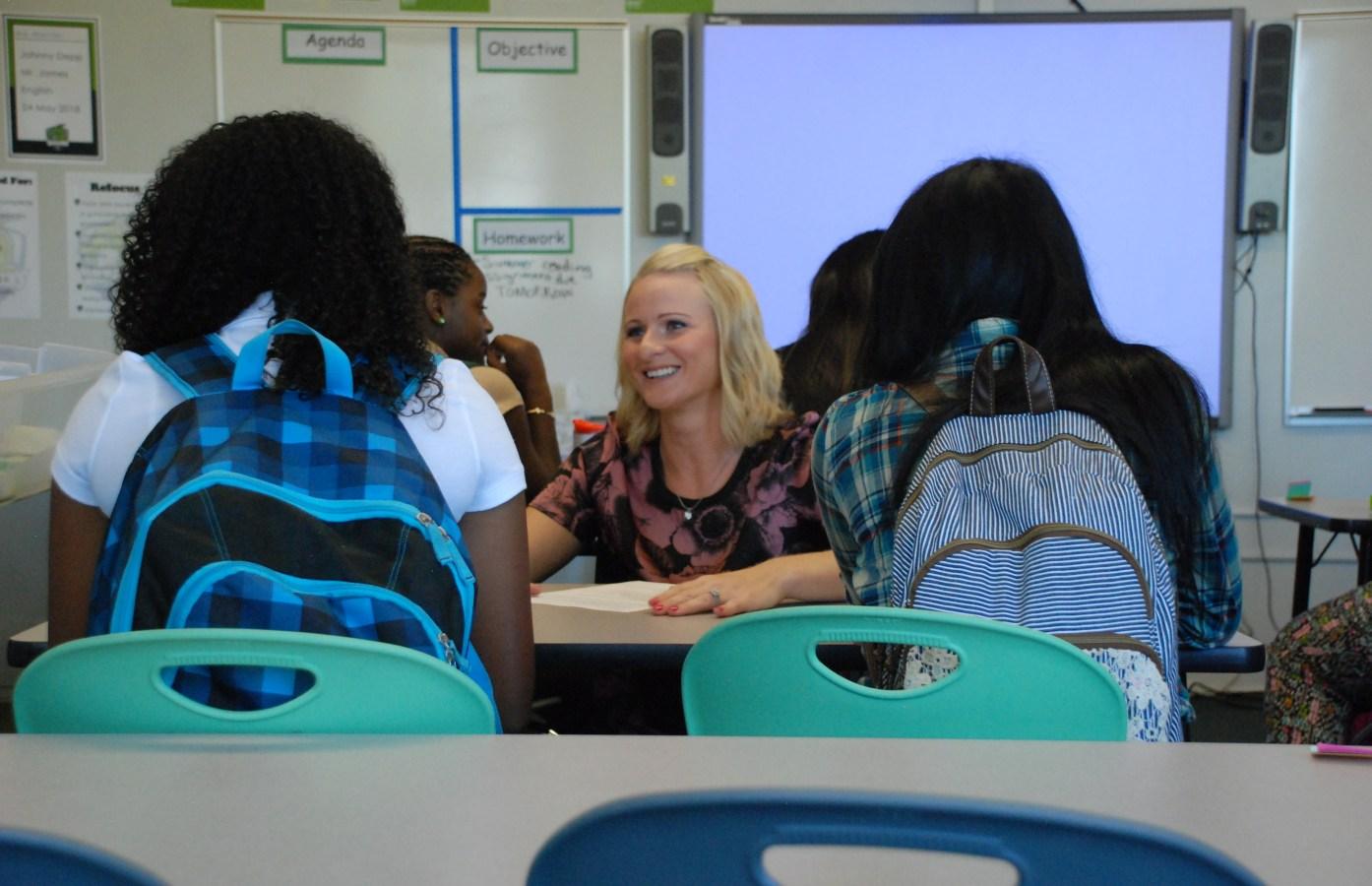
Colorado’s largest and arguably most successful charter school network is considering an invitation to open a school in one of the state’s lowest performing school districts.
Aurora Public Schools Superintendent Rico Munn proposed in a July letter that the DSST charter network, which so far operates exclusively in Denver, open a new school for grades six through 12 in northwest Aurora. That is where most of the city’s poorest students live, and where the district has launched its most ambitious reform efforts.
DSST’s leadership has indicated they’re interested. But there are conditions.
“We’re seriously considering this invitation,” Bill Kurtz, the network’s CEO, said in an interview. “But there’s a lot to be discussed. … We have a long way to go before we have a decision.”
Among DSST’s expectations, which were outlined in a letter to Munn: equal share of state and local funding, a building, and the ability to open up as many as four schools over several years.
Those conditions pose several challenges to the status quo in the inner-suburban school district. Historically, the district has had a rocky relationship with charter schools, which are funded with tax dollars but operate outside of many state and district policies.
Space has always been at a premium for the district’s charters, resulting in some schools either delaying opening or not opening at all. And the district only shares a fraction of the local revenue generated by voter-approved mill overrides with charter schools.
To help solve the space issue, Munn has proposed that the district and DSST split the cost of the building, 50-50. The district’s share would come from a $300 million bond issue the district hopes voters will approve this November.
Kurtz indicated the charter network — which has been showered with money from the likes of Oprah Winfrey and Bill Gates — would help but wants the district to take the lead.
“DSST would be pleased to work with you to fundraise the additional funding needed to build this campus,” Kurtz wrote. “However, we believe Aurora Public Schools should ultimately lead this effort and carry the responsibility for its success.”
Aurora school board members learned about Munn’s correspondence with Kurtz earlier this month at a board meeting. Their reaction was mixed.
Board member Dan Jorgensen applauded Munn’s ambition.
“It’s not just about placing charter schools,” he said. “It’s about identifying the best charter schools and the neighborhoods that need them.”
But Jorgensen was also quick to remind Munn that in the past, the district has been criticized for adopting school improvement efforts without enough buy-in from the community.
“Sometimes in haste, we miss things,” Jorgensen said.
Meanwhile, board member Barbara Yamrick balked at DSST’s requests.
“I do not believe that anybody deserves special treatment,” Yamrick said to Munn. “And that is what you’re saying — because DSST is so excellent, we should give them special treatment.”
DSST has a strong emphasis on math, science, and technology, and operates 12 middle and high schools in Denver. The network, working with Denver Public Schools officials, plans to operate 22 schools by 2024, enrolling as many as a quarter of the city’s secondary school students. In the fall of 2017, the network will open its first humanities-focused school in the Montbello neighborhood.
Kurtz said expanding to Aurora would not alter the school’s current commitment to DPS.
“We don’t anticipate any change,” he said.
DSST students regularly outperform their peers at district- run schools on the state’s standardized tests. And the network’s claim to fame has been graduating 100 percent of its students — many of whom are poor, black or Latino — on time and with a college acceptance letter in hand.
Critics of the network have charged that the school takes on the city’s best students and counsels out students who can’t meet the school’s high expectations. However, DSST has opened schools in Denver’s poorest neighborhoods and has a higher student retention rate than the DPS average.
Munn’s invitation to DSST is the latest in a string of reform efforts he has put in place since being named superintendent of the school district three years ago. This year, five district-run schools are operating under less bureaucracy in an effort to boost test scores, and one of the district’s lowest-performing elementary schools was handed over to another Denver charter school operator.
Munn is working on a deadline. Unless state test scores and graduation rates improve by 2018, the district faces losing its accreditation with the state, which could put federal funds at risk and devalue student diplomas.
Chalkbeat is a nonprofit news site covering educational change in public schools.













